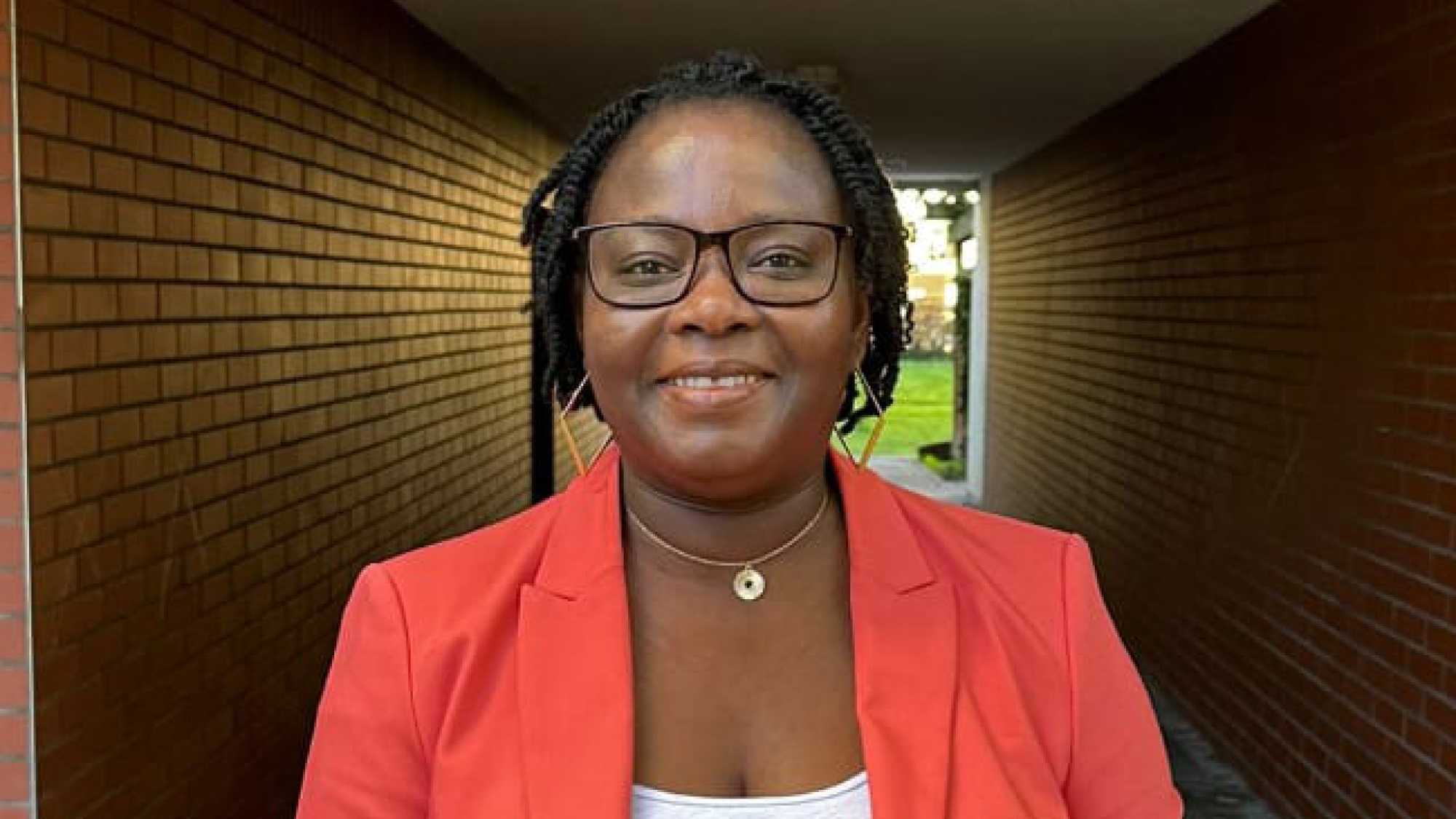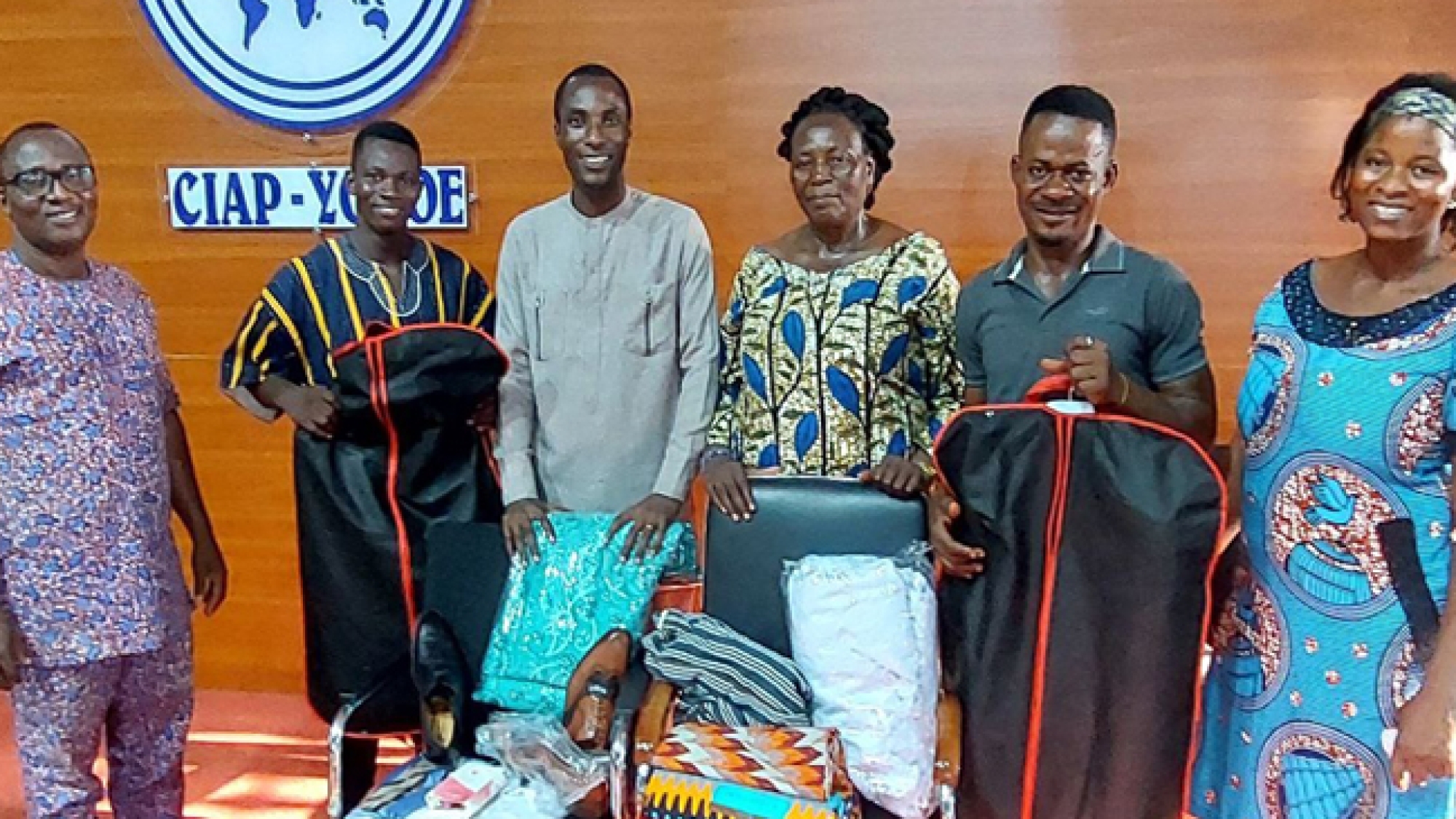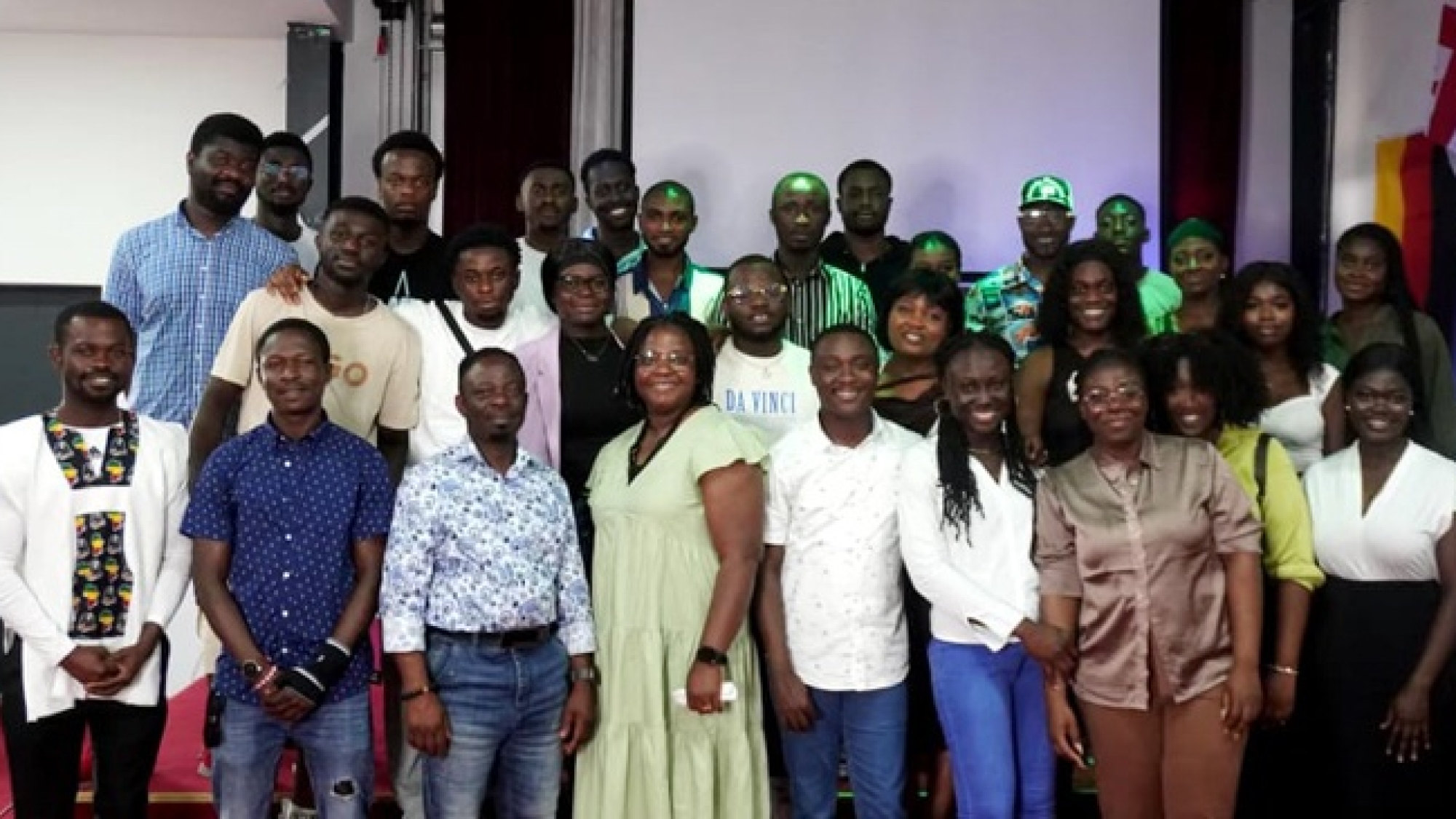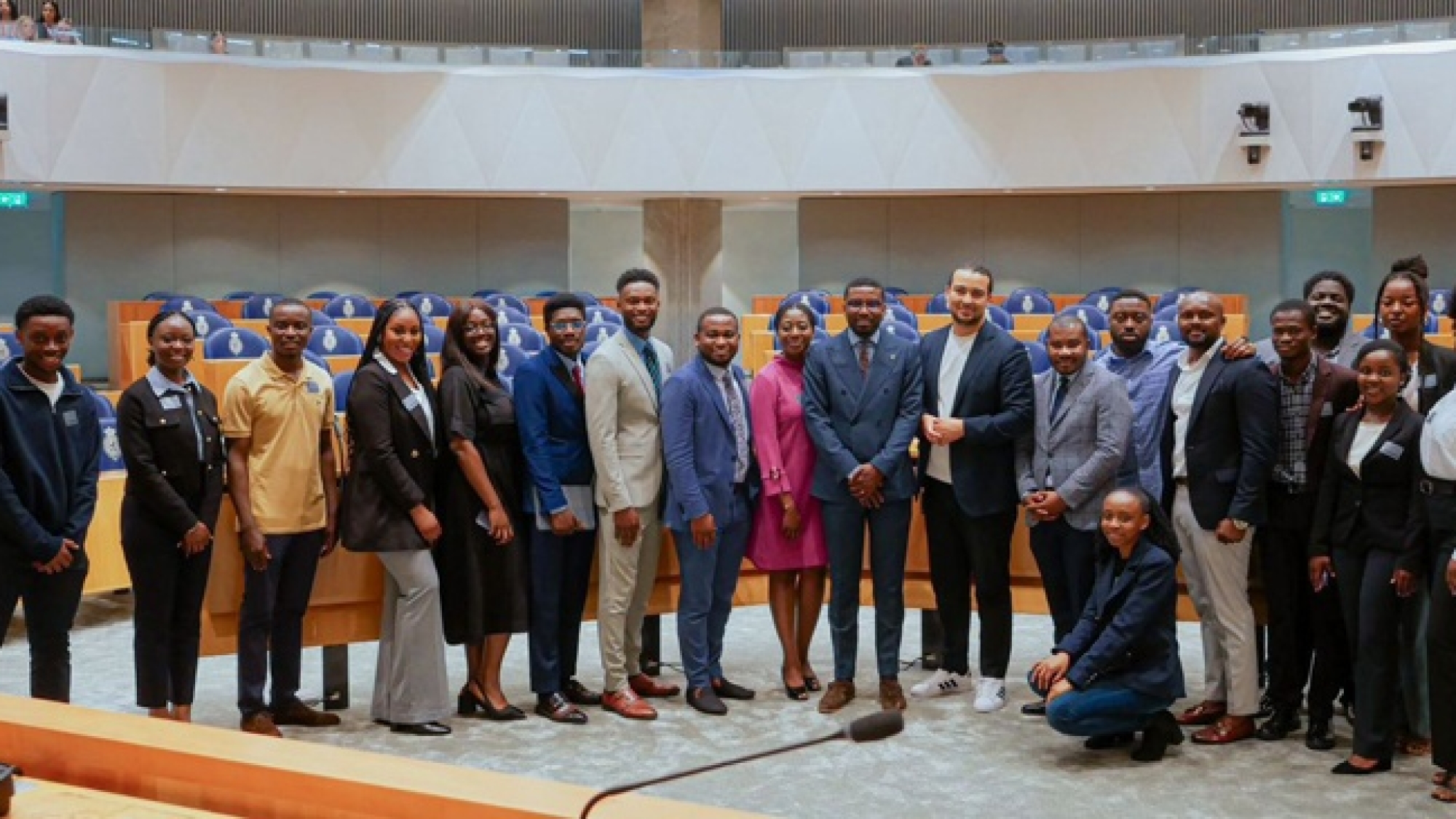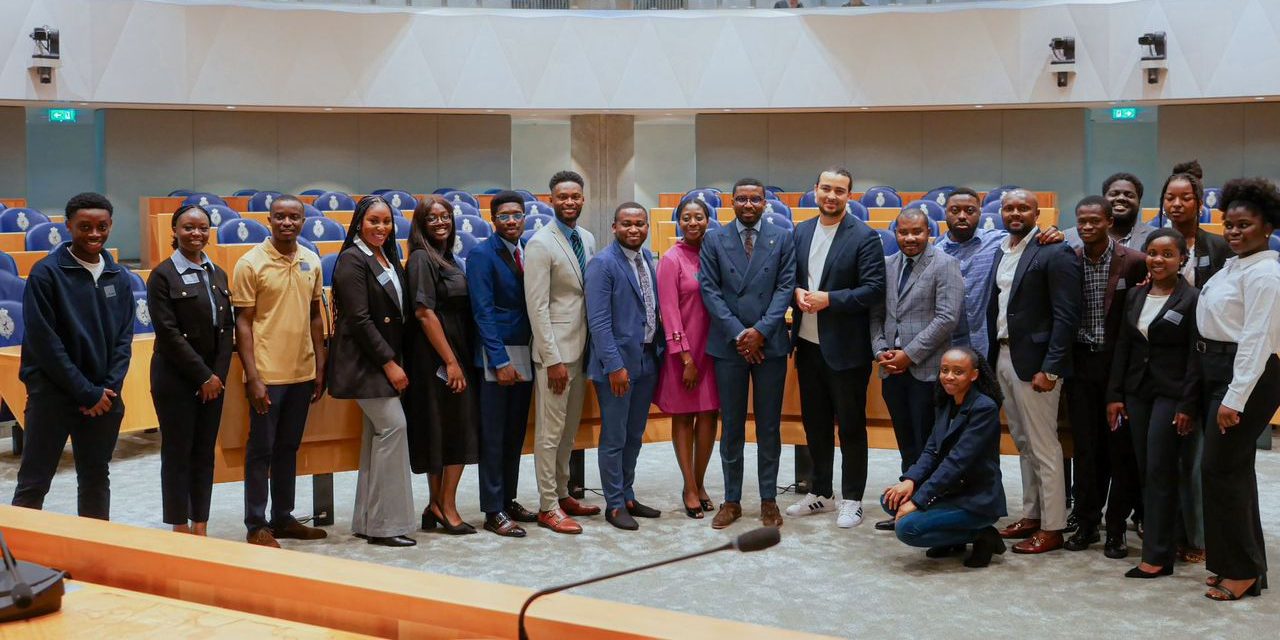The day of Pentecost, as recounted in the Book of Acts, marks a pivotal moment in Christian history. On this day, the Holy Spirit descended upon the apostles, empowering them to spread the Gospel with fervour and miraculous signs. This event is not merely a historical occurrence; it represents a profound spiritual reality that continues to resonate within the hearts of believers today. The Pentecost is born in us, renewing and transforming our lives through the power of the Holy Spirit.
THE HOLY SPIRIT IN THE OLD TESTAMENT
The Old Testament is filled with examples of the Holy Spirit’s work, including how the Spirit empowers leaders, engages in creation, and inspires prophets. Joel 2:28–29, for example, contains prophecies of a greater outpouring of the Spirit that were realised at Pentecost. By showing the continuity of the Spirit’s purpose from creation to the New Covenant, our understanding of the Old Testament work of the Spirit enhances our appreciation of God’s redemptive plan.
THE PRESENCE OF THE HOLY SPIRIT IN OUR LIVES
The indwelling of the Holy Spirit is a transformative experience. When we accept Jesus as our Lord and Saviour, the Holy Spirit comes to reside within us, bringing about a new birth. This is the essence of being “born again” (John 3:3-6). The Spirit renews our hearts, convicts us of sin, and leads us into all truth (John 16:8-13).
Galatians 5:22-23 outlines the fruit of the Spirit, characteristics that become evident in the lives of those who walk by the Spirit: love, joy, peace, patience, kindness, goodness, faithfulness, gentleness, and self-control. These qualities reflect the nature of Christ and are cultivated in us as we yield to the Spirit’s work.
EVIDENCE OF PENTECOST BORN IN US
The manifestation of the fruit of the Spirit in the life of a believer is one unmistakable sign that Pentecost was born in us. The outward manifestation of the Holy Spirit’s indwelling in us results in attributes that are consistent with God’s nature. “But the fruit of the Spirit is love, joy, peace, forbearance, kindness, goodness, faithfulness, gentleness, and self-control,” according to Galatians 5:22–23. There is no law against such acts.
These qualities reveal a deep inner metamorphosis that permeates our behaviors, mindsets, and interpersonal interactions. Joy is no longer dependent on conditions, love becomes unconditional, and peace transcends comprehension. While self-control, gentleness, and faithfulness guide our behavior, others benefit from our patience, kindness, and goodness. These fruits demonstrate in concrete terms that Pentecost—the indwelling of the Holy Spirit—is a genuine event that occurs within us and continuously renews and directs our Christian journey.
THE PROMISE OF THE HOLY SPIRIT
Before His ascension, Jesus promised His disciples that they would receive the Holy Spirit. In John 14:16-17, He said, “And I will ask the Father, and he will give you another Advocate to help you and be with you forever—the Spirit of truth.” This promise was fulfilled on Pentecost, as described in Acts 2:1-4, when the Holy Spirit came upon the disciples with the sound of a mighty rushing wind and tongues of fire, enabling them to speak in different languages.
This outpouring was not limited to the apostles but is available to all who believe in Jesus Christ. As Peter declared in his sermon on that day, “The promise is for you and your children and for all who are far off—for all whom the Lord our God will call” (Acts 2:39). The same Holy Spirit who empowered the early church is at work in us today, guiding, teaching, and strengthening us.
LIVING IN THE POWER OF PENTECOST
To live in the power of Pentecost means to cultivate an ongoing relationship with the Holy Spirit. This involves regular prayer, immersing ourselves in Scripture, and being attentive to the Spirit’s leading. Ephesians 5:18 exhorts us to be filled with the Spirit, suggesting a continual process of seeking and being renewed by the Holy Spirit.
Moreover, it calls for a life of obedience and surrender. Romans 8:14 tells us, “For those who are led by the Spirit of God are the children of God.” As we submit to the Spirit’s guidance, we experience greater intimacy with God and effectiveness in our Christian walk.
THE ROLE OF THE HOLY SPIRIT IN INDIVIDUAL TRANSFORMATION
As believers are sanctified and transformed into the likeness of Christ, the Holy Spirit is essential to this process. The Spirit works within us to promote spiritual maturity as we gaze at the splendor of the Lord. Through constant conviction of sin, mental regeneration, and the development of Christlike characteristics, believers are able to live triumphant, virtuous lives as a result of this transformation (2 Corinthians 3:18).
THE HOLY SPIRIT AND COMMUNITY LIFE
Within the body of Christ, the Holy Spirit fosters community and unity, encouraging believers to support one another and have communion with one another. The Spirit empowers every member for the church’s edifying through the distribution of spiritual gifts. This kind of group empowerment strengthens church-wide worship, service, and mission, keeping the church a dynamic, coherent body that serves as a powerful global witness (Ephesians 4:13).
EMPOWERMENT FOR MINISTRY
The Holy Spirit not only transforms us inwardly but also equips us for service. Just as the apostles were empowered to proclaim the Gospel boldly, we too are given gifts and strength for ministry. 1 Corinthians 12:4-11 describes the variety of spiritual gifts distributed by the Spirit for the common good, including wisdom, knowledge, faith, healing, miraculous powers, prophecy, discernment, speaking in tongues, and interpretation of tongues.
These gifts are given to build up the body of Christ and to witness to the world. The Pentecost experience compels us to move beyond our comfort zones, to reach out in love and compassion, and to declare the good news of Jesus Christ with courage and clarity.
CONCLUSION
The Pentecost is not confined to a single event in history but is a living reality in the hearts of believers. The Holy Spirit, who descended upon the early church with power and grace, is the same Spirit who dwells in us today. By embracing this truth, we can experience the transformative and empowering presence of God in our lives. Let us open our hearts to the Holy Spirit, allowing Pentecost to be born anew in us, fueling our faith, empowering our witness, and drawing us closer to our Saviour, Jesus Christ.
Written by Deacon Obed Mensah








